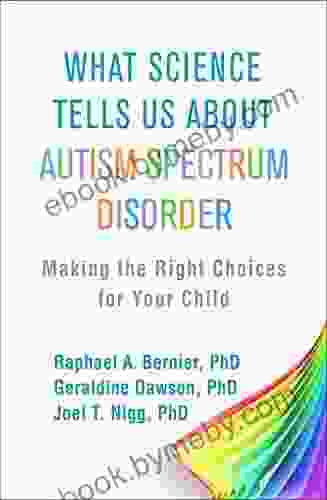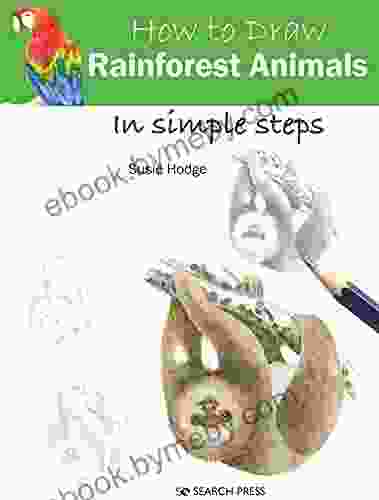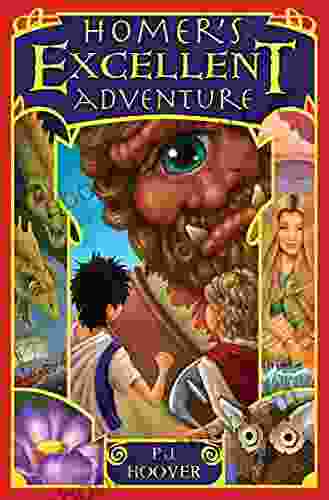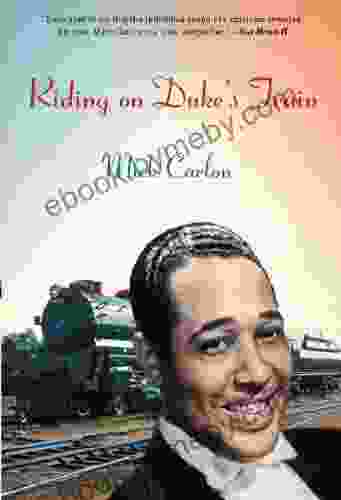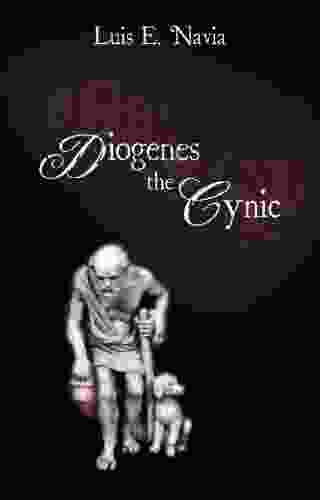What Science Tells Us About Autism Spectrum Disorder: A Journey into Neurodiversity

Autism spectrum disFree Download (ASD) is a complex neurodevelopmental condition that affects individuals of all ages. It presents with a wide range of characteristics, including social communication difficulties, repetitive behaviors, and sensory sensitivities. Understanding the scientific underpinnings of ASD is crucial for effective diagnosis, intervention, and support.
Exploring the Genetic Landscape
Genetic factors play a significant role in the development of ASD. Research has identified numerous genetic variants and mutations associated with the disFree Download. These genetic anomalies affect the way brain circuits develop and function, leading to the core symptoms of ASD.
4.5 out of 5
| Language | : | English |
| File size | : | 1951 KB |
| Text-to-Speech | : | Enabled |
| Screen Reader | : | Supported |
| Enhanced typesetting | : | Enabled |
| Word Wise | : | Enabled |
| Print length | : | 328 pages |
However, it's important to note that genetics is not the sole cause of ASD. Environmental factors, such as prenatal exposures and early life experiences, can also contribute to its development.
Unveiling the Neurological Mechanisms
ASD is characterized by atypical brain development and functioning. Studies using neuroimaging techniques, such as magnetic resonance imaging (MRI) and electroencephalography (EEG),have revealed differences in brain structure, connectivity, and activity patterns in individuals with ASD.
These neurological differences impact social cognition, communication, and sensory processing. For example, abnormalities in the social brain networks, such as the fusiform face area, may contribute to difficulties in recognizing emotions and social cues.
Diagnosis and Assessment
Diagnosing ASD requires careful assessment by qualified professionals, typically a team of developmental pediatricians, psychiatrists, and psychologists. The diagnosis is based on a comprehensive evaluation of the individual's developmental history, behavioral observations, and standardized testing.
Early diagnosis is crucial for early intervention, which can optimize outcomes and improve quality of life for individuals with ASD.
Therapeutic Interventions
ASD is a lifelong condition, but with appropriate interventions, individuals with ASD can develop skills and strategies to manage their symptoms and live fulfilling lives.
Common therapeutic approaches include:
- Applied Behavioral Analysis (ABA): Focuses on breaking down complex behaviors into smaller steps and using positive reinforcement to promote desired behaviors.
- Speech and Language Therapy: Improves communication skills, including verbal and nonverbal expression.
- Occupational Therapy: Enhances sensory integration, fine motor skills, and daily living tasks.
Other interventions, such as social skills training, sensory integration therapy, and medication, may also be beneficial for specific individuals.
Supporting Families and Individuals
Autism is not just a diagnosis; it impacts the entire family. Supporting families and individuals with ASD is essential for their well-being.
Families need access to resources, support groups, and educational programs to understand ASD and navigate the challenges. Additionally, individuals with ASD require tailored support and accommodations throughout their lives, including educational modifications, employment assistance, and social inclusion opportunities.
Embracing Neurodiversity
ASD is a spectrum condition, with individuals exhibiting varying degrees of symptoms and strengths. It's important to recognize and celebrate neurodiversity and to view individuals with ASD as unique individuals with their own abilities and challenges.
By fostering understanding, acceptance, and support, we can create an inclusive society where individuals with ASD can reach their full potential and live meaningful lives.
Disclaimer: The information provided in this article is for educational purposes only and should not be taken as medical advice. Consult with a qualified healthcare professional for proper diagnosis and treatment.
4.5 out of 5
| Language | : | English |
| File size | : | 1951 KB |
| Text-to-Speech | : | Enabled |
| Screen Reader | : | Supported |
| Enhanced typesetting | : | Enabled |
| Word Wise | : | Enabled |
| Print length | : | 328 pages |
Do you want to contribute by writing guest posts on this blog?
Please contact us and send us a resume of previous articles that you have written.
 Book
Book Novel
Novel Page
Page Chapter
Chapter Text
Text Story
Story Genre
Genre Reader
Reader Library
Library Paperback
Paperback E-book
E-book Magazine
Magazine Newspaper
Newspaper Paragraph
Paragraph Sentence
Sentence Bookmark
Bookmark Shelf
Shelf Glossary
Glossary Bibliography
Bibliography Foreword
Foreword Preface
Preface Synopsis
Synopsis Annotation
Annotation Footnote
Footnote Manuscript
Manuscript Scroll
Scroll Codex
Codex Tome
Tome Bestseller
Bestseller Classics
Classics Library card
Library card Narrative
Narrative Biography
Biography Autobiography
Autobiography Memoir
Memoir Reference
Reference Encyclopedia
Encyclopedia Junichi Takeno
Junichi Takeno Stephanie Engelman
Stephanie Engelman Kelly St Clare
Kelly St Clare Knut Walter
Knut Walter Kevin Howell
Kevin Howell Steve Hutchinson
Steve Hutchinson Katherine Locke
Katherine Locke Michael Beer
Michael Beer Emma Mae Jenkins
Emma Mae Jenkins Lynn E Ponton
Lynn E Ponton Martin Mobraten
Martin Mobraten Kari Marie Norgaard
Kari Marie Norgaard Keith Mitnik
Keith Mitnik Susan Straub
Susan Straub Karl Polanyi
Karl Polanyi Ken Dehart
Ken Dehart William L Andrews
William L Andrews Tim Tate
Tim Tate Karen Poth
Karen Poth Kate Howard
Kate Howard
Light bulbAdvertise smarter! Our strategic ad space ensures maximum exposure. Reserve your spot today!
 Samuel BeckettFollow ·15.8k
Samuel BeckettFollow ·15.8k Troy SimmonsFollow ·6.4k
Troy SimmonsFollow ·6.4k Scott ParkerFollow ·10.7k
Scott ParkerFollow ·10.7k Gustavo CoxFollow ·9.1k
Gustavo CoxFollow ·9.1k Dylan HayesFollow ·11.8k
Dylan HayesFollow ·11.8k Julio Ramón RibeyroFollow ·5.2k
Julio Ramón RibeyroFollow ·5.2k Bob CooperFollow ·10.3k
Bob CooperFollow ·10.3k Jack ButlerFollow ·4.5k
Jack ButlerFollow ·4.5k
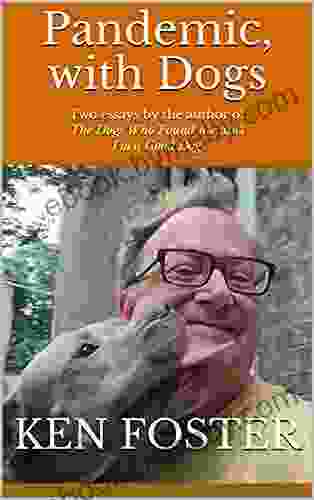
 George Orwell
George OrwellPandemic with Dogs: Two Essays
By Susannah Charleson In the midst of...

 Leo Mitchell
Leo MitchellAdam Smith's The Wealth of Nations: A Classic Treatise on...
Adam Smith's The...
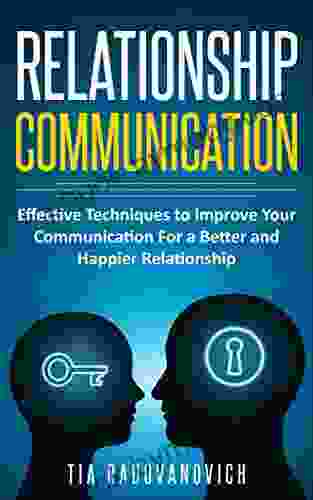
 Cade Simmons
Cade SimmonsUnlock Your Communication Potential: Effective Techniques...
Communication is a fundamental...

 Floyd Richardson
Floyd RichardsonFire and Ashes: Success and Failure in Politics
Fire and Ashes: Success and...

 Oliver Foster
Oliver FosterUnlock the Enchanting Mystery of Ken Follett's "The Key...
Embark on a captivating literary journey into...
4.5 out of 5
| Language | : | English |
| File size | : | 1951 KB |
| Text-to-Speech | : | Enabled |
| Screen Reader | : | Supported |
| Enhanced typesetting | : | Enabled |
| Word Wise | : | Enabled |
| Print length | : | 328 pages |


